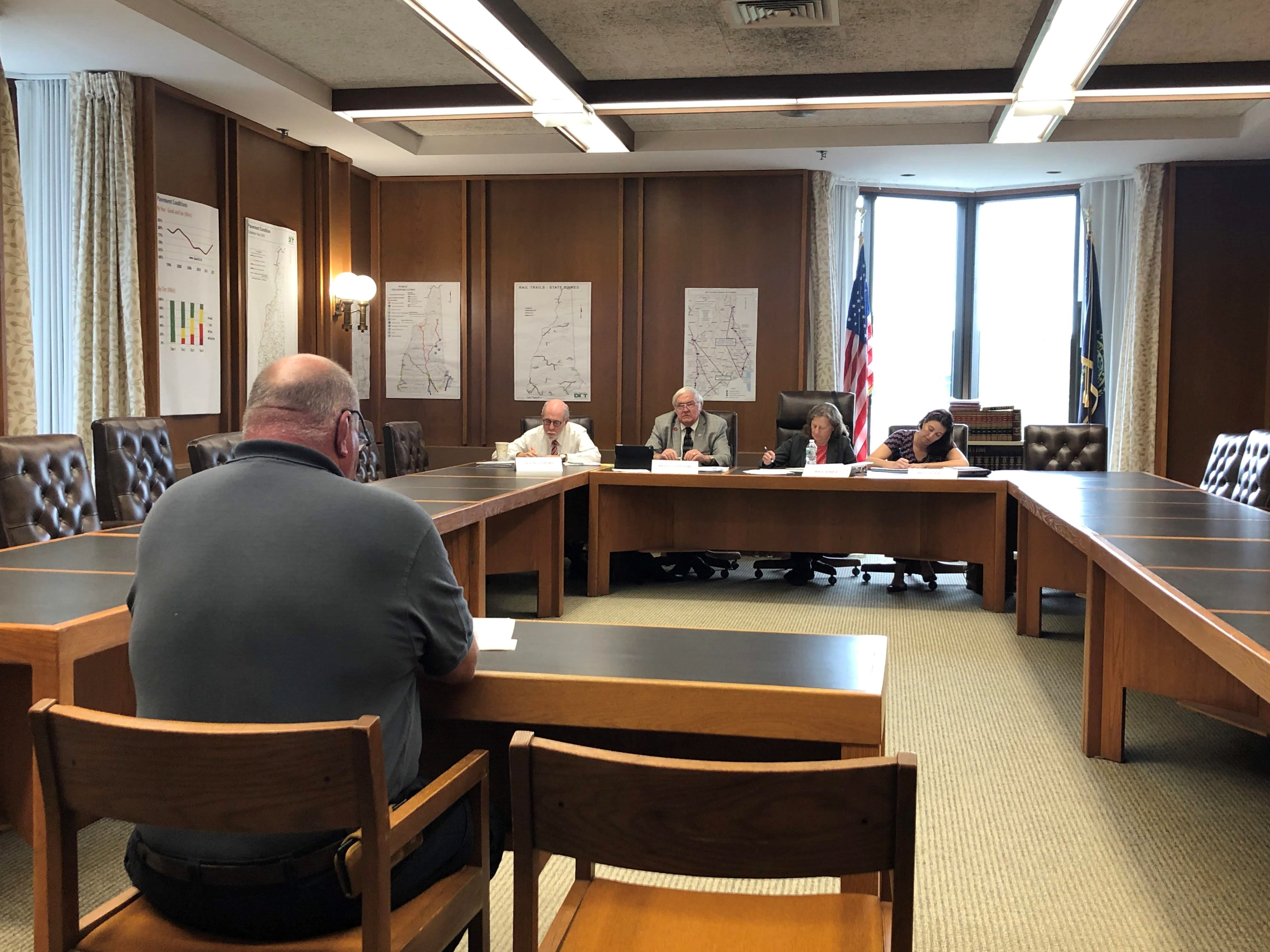NH Solid Waste Legislation Update - Vetoed by Governor Sununu
UPDATE July 28, 2020: Governor Sununu vetoed HB 1234 today, so the following bills will not become law this session.
The below news article was originally published July 26, 2020.
In the 2020 legislative cycle, numerous bills were proposed in New Hampshire that are relevant to NRRA’s members with respect to solid waste and resource recovery. Most bills were tabled due to the COVID-19 pandemic (see our March 16, 2020 legislative update for details about those original bills), but three were included HB 1234, in an omnibus amendment that was passed by the the NH Senate on June 16, 2020 and concurred by the NH House on June 30. The omnibus amendment still must be signed by the Governor before these bills would become law.
NRRA has provided a brief summary of the three solid waste bills included in the omnibus amendment below. Please see the full text of each bill (provided as a hyperlink) for complete details.
Senate Bill 591: As amended, this bill establishes a statewide solid waste disposal reduction goal to reduce the quantity by weight of solid waste disposed in landfills and incinerators by 25 percent by the year 2030, and by 45 percent by the year 2050. The goal would apply to the disposal of municipal solid waste and construction and demolition debris and be measured against baseline quantities of these wastes disposed of in the year 2018.
House Bill 1702: This bill establishes a solid waste working group on solid waste management planning. The working group would assist the Department of Environmental Services in long-range planning for and the development of creative, effective solutions to the state’s solid waste management challenges. The working group would include a representative of NRRA.
House Bill 1704: This bill requires the Department of Environmental Services to initiate rulemaking by September 30, 2020 relative to requirements and best practices for facilities that compost organics, including vegetable matter, meat, meat byproducts, dairy products, and dairy product derivatives. (A law was passed in 2015 directing NHDES to make these updates – primarily focused on establishing best practices for composting meat and dairy – but the department has been unable to complete that process to date due to lack of resources.)
